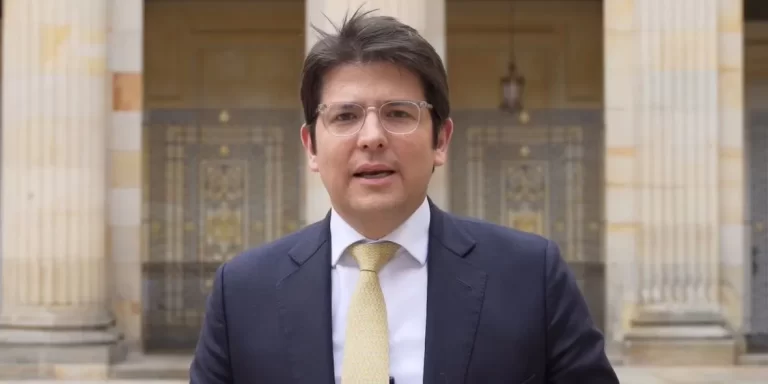[ad_1]
LONDON (Reuters) – Britain’s pharmaceuticals industry failed to secure a judicial review of new cost curbs, which mean drugs costing NHS England more than 20 million pounds ($26 million) annually no longer get automatic funding.
The Association of the British Pharmaceutical Industry (ABPI) had sought to challenge the additional hurdle to drug uptake that was implemented by the National Institute for Health and Care Excellence (NICE) earlier this year.
On Wednesday it said it was disappointed the judicial review application had been turned down.
“It’s now appropriate for us to take time to reflect on the judgment with our members and decide next steps,” a spokesman said.
Drugmakers argue the new curbs have the potential to cause significant delays for patients waiting for treatment for a range of conditions, including for cancer, heart disease and diabetes.
NICE’s own analysis shows that around one in five new medicines will be affected by the decision, which brought to a head a long-running argument about drug rationing within Britain’s government-funded National Health Service (NHS).
The new rules mean drugs above the 20 million pounds threshold will be subject to an additional negotiation process, even if they are deemed cost-effective, resulting in a potential delay of three years.
NICE counters that the onus is on drugmakers to price medicines responsibly.
The ABPI represents international drugmakers operating in Britain, as well as the country’s two big domestic suppliers GlaxoSmithKline and AstraZeneca.
For the last 18 years Britain has led the way in measuring drug cost-effectiveness in a rational and dispassionate way, using a model of economic benefits developed by NICE. Meeting rising demand from medical advances and aging populations is, however, a growing problem for the cash-strapped NHS.
NICE has inspired copycat agencies across Europe – and in countries as diverse as South Korea and Mexico – giving it an influence beyond Britain’s 3 percent slice of global drug sales.
Reporting by Ben Hirschler; Editing by Susan Fenton
[ad_2]
Source link






Leave a Reply